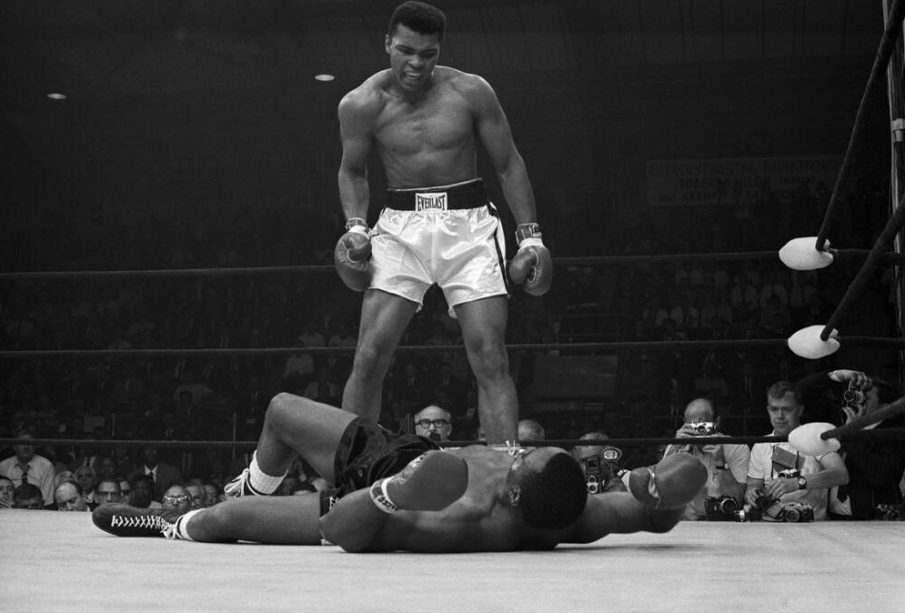The Lasting Impact of Muhammad Ali on Boxing and Society

Introduction
Muhammad Ali, often hailed as the greatest boxer of all time, transcended the confines of the boxing ring to become a global icon. His charisma, skill, and activism made him not only a sports legend but also a cultural influence. As the world commemorates his life, understanding the significance of Ali’s journey offers insights into his immense contribution to both sports and social justice.
The Boxing Career of Muhammad Ali
Born Cassius Marcellus Clay on January 17, 1942, in Louisville, Kentucky, Ali first gained fame after winning a gold medal at the 1960 Rome Olympics. His professional career took off shortly thereafter, and he quickly became known for his speed, agility, and unorthodox fighting style. Notable moments in his career include the famous ‘Fight of the Century’ against Joe Frazier in 1971 and his dramatic comeback win against George Foreman in the 1974 ‘Rumble in the Jungle’. Over his career, he became a three-time world heavyweight champion and was involved in several of the greatest boxing matches in history, solidifying his legacy.
Activism and Cultural Influence
Ali’s impact was not confined to the boxing ring. In the 1960s, he became a prominent figure in the civil rights movement, famously refusing to be drafted into the Vietnam War on the grounds of his religious beliefs and opposition to the conflict. This decision led to legal battles and a temporary ban from boxing, making Ali a symbol of resistance against injustice. His unwavering stance on issues of race, religion, and freedom inspired countless individuals and reshaped public perceptions in a turbulent era in America.
The Enduring Legacy
Ali’s legacy continues to thrive in modern society. He was awarded the Presidential Medal of Freedom in 2016, signifying his influence beyond sports. His life story has been chronicled in documentaries, films, and countless biographies, ensuring that future generations understand the depth of his contributions. Ali’s ability to blend sports with humanitarian work makes him a significant figure in discussions about athletes and activism today.
Conclusion
Muhammad Ali remains an enduring icon, remembered not just for his boxing prowess but for his courage to speak out against inequality and injustice. As we reflect on his life, it serves as a reminder of the power of sports as a platform for change. The lessons learned from Ali’s journey continue to resonate, encouraging new generations to fight for their beliefs with the same tenacity and passion that he displayed throughout his life.









